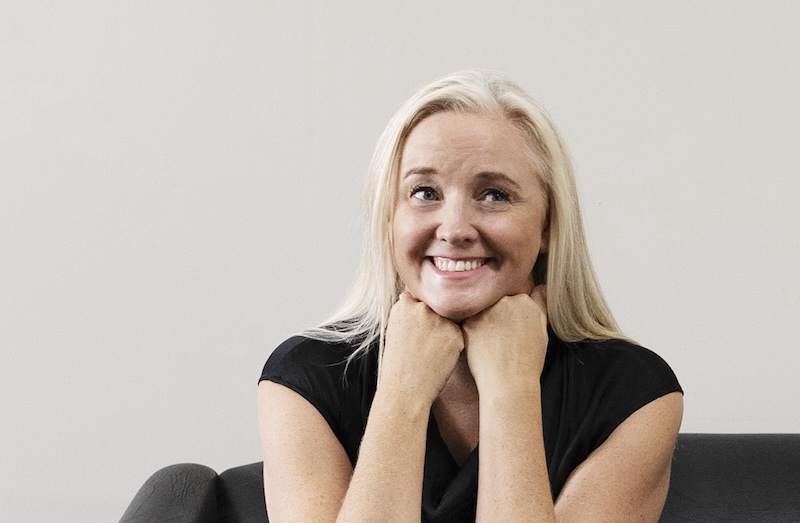New Zealand companies don’t have to become the next Apple to be successful innovators, says Reserve Bank chief economist Paul Conway.
The Covid-19 pandemic created a lot of upheaval, and as a result people were more open to change now than they were previously, said Conway, who was BNZ chief economist before joining the Reserve Bank, Te Pūtea Matua earlier this year.
“I think we’re all questioning how we want to live and how we want the economy to serve the people,” he told a CFA Society webinar on Monday.
Businesses often struggled to adjust to change, and it was common for them to surf one wave of technology, but then miss the next wave of technology.
READ MORE:
* What is dunite? The cup of tea that led to a NZ-first experiment
* Air New Zealand to fly on sustainable aviation fuel from next week
* Five steps SMEs can take to lead on digital transformation
In New Zealand’s market, which was not super competitive, “zombie businesses” could continue to survive for years on end, using the same operating model and technology.
A silver lining from the pandemic was the way New Zealand had improved its use of digital technology, he said.
Carolyn Fong/For The Washington Post
New Zealand companies don’t have to be the next Apple to be successful innovators, says Reserve Bank chief economist Paul Conway.
Businesses had adopted to using technology in new ways in a relatively short period of time, and it was not easy.
“But when it’s done well, I think that the opportunities for Kiwi businesses and for our economy are huge,” he said.
An online presence, digitisation, and e-commerce opened up new markets for businesses no matter where they were located, which worked in the favour of a small country such as New Zealand that was distant from big markets.
”Those economic geography forces become less of a handbrake on our economic performance or on a business’s performance in the digital space.”
To be successful, digital adoption had to be more than a company just putting a computer in the corner and pretending it was digitised, he said.
supplied
A silver lining from the pandemic is the way New Zealand improved its use of digital technology, says Paul Conway
But even if a company bought equipment and software off the shelf, that was still innovation, Conway said.
“Adoption is innovation. I think we often make the mistake here of thinking about innovation as a life- or a world-changing thing like the wheel or plumbing.
“And there are firms out there that do that. They tend to be very skills-intensive, they tend to own lots of patents, and their job is to push out the global technological frontier by doing groundbreaking world leading innovation.
“Apple’s the best example of that currently, or at least one of them. There are not many of these firms globally as a share of total firms, and we have some New Zealand but not many.”
For many businesses, they could head towards the technological frontier by taking small steps in the right direction, adopting new and better ways of working that were probably developed elsewhere, or combining different ideas into new ways of doing things.
But Conway said the ‘number 8 wire’ was a New Zealand misconception about innovation that “I don’t love”.
“The idea that you can wrap some wire around something and pretend that you’re innovating is a little bit silly, to my mind, because innovation is much harder than that, we need to realise that.”
Innovation required time, intention, and funding, he said.
“The world is radically changing. So people’s preferences are changing, spending habits are changing, technology is changing.
”Old ways of doing things may not be fit for purpose in this new economic environment that we’re coming into.”





















Discussion about this post